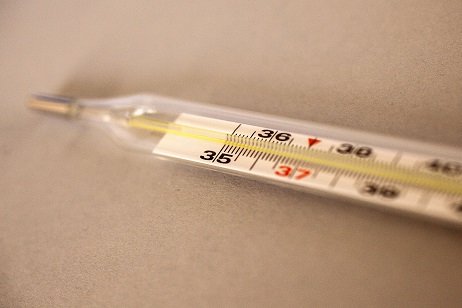About 200 schools in Georgia close to prevent spread of flu virus

About 200 schools across Georgia have been temporarily closed as a preventive measure to avoid the spread of the seasonal influenza virus.
A total of 195 schools, where students’ absence rate was 20 percent or more, were suspended after Georgia’s National Centre for Disease Control and Public Health (NCDC) recommended the Education Ministry officials to temporarily close the educational facilities.
About 50 of the suspended schools were in capital Tbilisi while others were in Georgia’s regions Samegrelo, Imereti, Svaneti, Racha, Achara, Shida Kartli and Kakheti.
- Meanwhile, an additional 200 schools were closed in Georgia’s mountainous regions due to heavy snow and difficult access to educational institutions, meaning currently 395 schools in Georgia were closed.
The Ministry of Education said the schools would remain closed for three days.
Depending on the situation, the schools will later decide when to restore lessons, and these will take place on Saturdays in the coming weeks.
Last night the NCDC summed up the flu situation in the country and said the intensity of the seasonal influenza was 332 cases per 100,000 population.
Although the number of people affected by the flu virus had increased since early January, NCDC assessed it as "normal” and "not even close to an epidemic”.
The epidemic threshold for Georgia is 500 cases per 100,000 population.
NCDC said the most common type of this year’s seasonal flu was H1N1, also known as Swine Flu.
"But there is nothing to panic about,” said head of NCDC Amiran Gamkrelidze.
"It’s January and in every January and every winter there is a flu in Georgia and there always will be. We all should try to deal with this situation with minimal damage.”
He called on the population to follow basic sanitary and hygienic norms, including frequent washing of hands with soap and staying home if a person experiences flu symptoms.
 Tweet
Tweet  Share
Share



